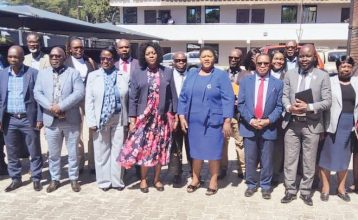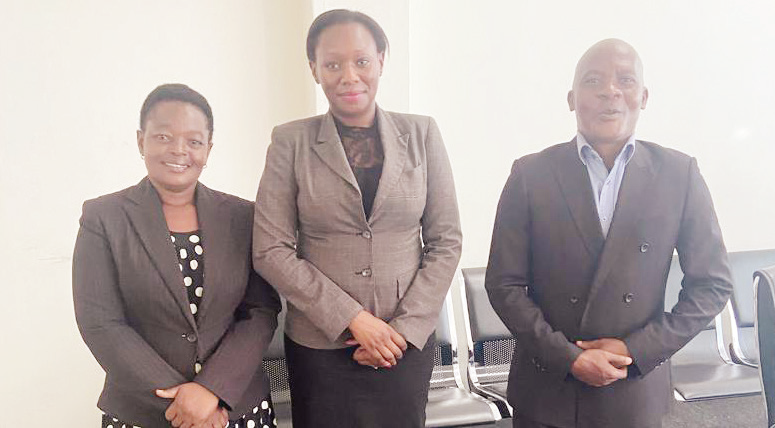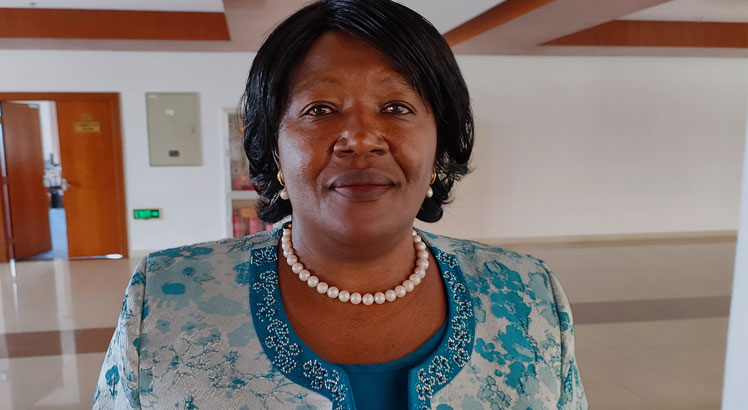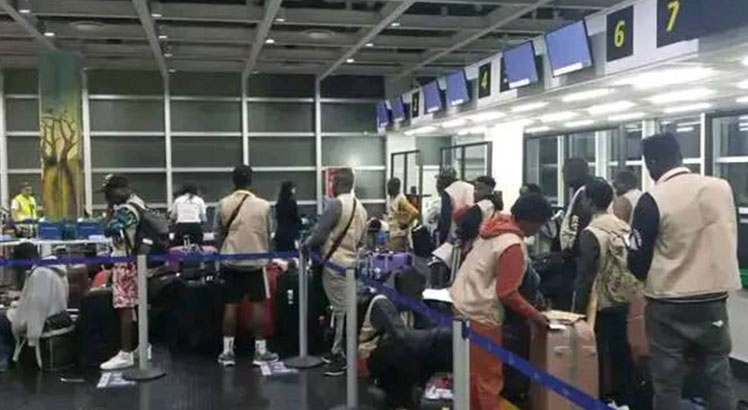2600 farmers in mega farm deal
In what could be a major breakthrough for them, about 2 600 smallholder farmers in Chikwawa District have partnered with PressCane Limited to grow sugar cane for ethanol production under mega farms arrangement.
Trading under the banner of Kama Sugar Cane Growers Cooperative Society Limited, the outfit is “a large group of business-oriented and organised smallholder farmers” from traditional authorities (T/As) Katunga and Maseya, according to Minister of Agriculture Sam Kawale.
Meanwhile, President Lazarus Chakwera is scheduled to commission the 1 060-hectare (ha) mega farm dedicated to sugar cane production to increase ethanol production.
In an interview yesterday, Kawale said ethanol is an important import substitution and the Chikwawa initiative could help preserve foreign exchange earnings.
He said: “The cooperative will be producing sugarcane which PressCane Limited will be buying to use for ethanol production, among other products.
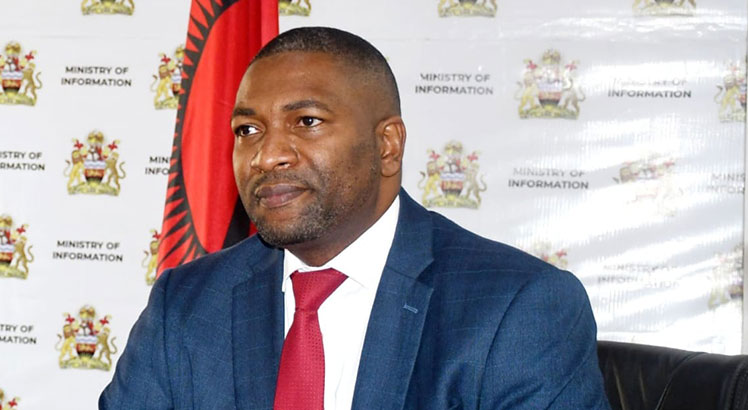
“PressCane Limited is a vibrant Malawi’s own company and will provide a steady structured market for the smallholder farmers.”
Currently, PressCane mostly uses molasses, a by-product of sugar production at Illovo Sugar (Malawi) plc’s Nchalo Estate in Chikwawa to produce ethanol.
Kawale said the farmers’ venture is part of the Agriculture Commercialisation (Agcom) and the mega farms agenda the Tonse Alliance administration is rolling out to transform agriculture in the country.
“This model of a mega farm will benefit and create jobs for a lot of smallholder farmers in line with Malawi 2063, which emphasises on an inclusive economic growth,” he said.
A Ministry of Agriculture bronchure on the project says Kama Sugarcane Growers Cooperative was formed on September 21 2015 and was registered as a cooperative on January 13 2016.
Through its members-cum-shareholders arrangement, it has to date consolidated over 1 174ha of for sugarcane production beginning from an initial 105ha in 2017.
Kawale said the vision for the cooperative is to have economically empowered, resilient and developed sugarcane farmers.
The launch of the project comes a month after the President said the Malawi Government plans to establish more mega farms to achieve the 17 United Nations Sustainable Development Goals (SDGs) despite the challenges rocking the economy.
During a roundtable discussion with Food and Agriculture Organisation director-general Qu Dongyu in New York, USA, on the sidelines of the 78th Ordinary Session of the United Nations General Assembly, Chakwera said mega farms have the potential to transform the country’s economy if supported fully by the human resource capacity, improved agricultural practices and addressing issues that limit productivity.
However, despite the colourful dreams and talk about mega farms, the initiative faces a funding gap of K16.4 billion after it was allocated a paltry K2 billion of the required K18.4 billion through the Greenbelt Authority (GBA).
Briefing the Parliamentary Committee on Agriculture and Irrigation at Parliament Building in Lilongwe last month, GBA chief executive officer Eric Chidzungu said the programme is facing funding challenges.
He said the K2 billion allocated in the 2023/24 National Budget is also yet to be disbursed to the authority, which is one of the key implementers of the programme.
Under the mega farms, GBA plans to cultivate 400ha of maize at Nkopola Scheme in Mangochi, which has 800 ha. At Lweya Scheme in Nkhata Bay, 200ha out of the 700ha is expected to be cultivated.
During the court-sanctioned fresh presidential election in 2020, Chakwera and Vice-President Saulos Chilima passionately promised to establish mega farms to add value to raw produce and boost the country’s foreign exchange earnings.
Malawi requires $3 billion per year to meet import requirements, but only earns about $1 billion from exports dominated by agricultural produce, according to Reserve Bank Malawi data.


